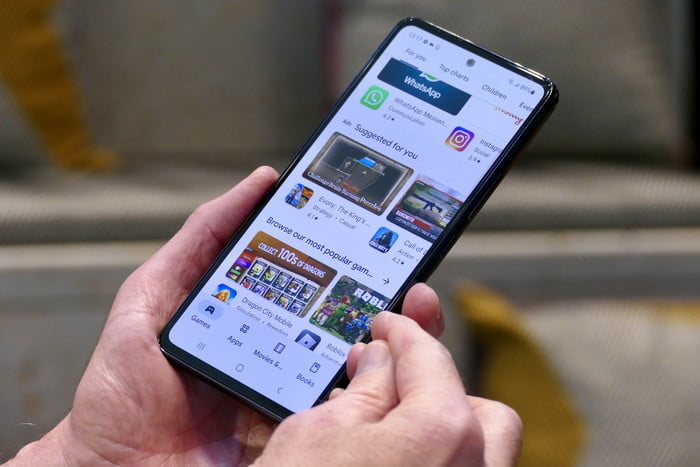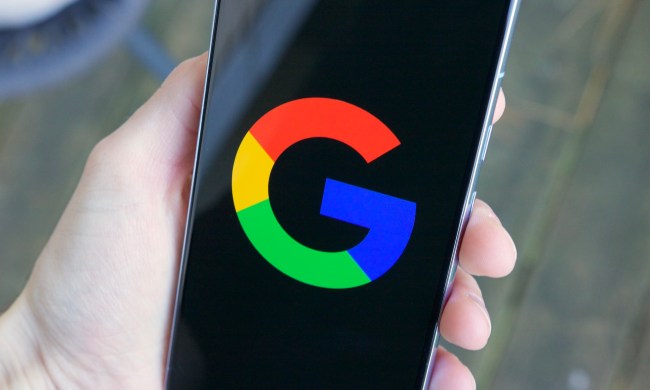Google has finally reached a settlement for a 2021 class-action antitrust lawsuit, resulting in the company owing $90 million to U.S.-based app developers. The suit alleged that the Google Play Store’s 30% cut for all in-app purchases was too high, especially since there aren’t great third-party app store options that devs can use to avoid the fees. Although Google decided in 2021 to half its cut of in-app purchases to 15% for the first $1 million made by a developer, it’s also offering a potentially big payout for those that were affected.
According to Google, any developers who “earned $2 million or less in annual revenue through Google Play during each year from 2016-2021” are eligible for reimbursement. Developers who meet the criteria for a payout will be contacted by Google. According to Hagens Berman, the law firm responsible for representing the plaintiffs in the lawsuit, some developers could make as much as $200,000.

Based on the payout criteria set by Google, it looks like a lot of app developers are going to be getting a slice of the $90 million fund. While the minimum payout for devs is $250, it’s been estimated by Hagens Berman that 99% of affected Android app developers fit the “$2 million or less” requirements needed to get some of Google’s money. The fees are still high and Google doesn’t have the best track record with supporting Android developers, but the fund is able to at least help devs reclaim some of what was lost over the past five years.
To its credit, cash payouts aren’t the only thing Google is doing to help its third-party app developers. The Google Play Store will now feature a tab called the “Indie Apps Corner,” which will “showcase independent and small startup developers building unique high-quality apps.” It’s unclear exactly how helpful the tab will be, but hopefully, it’s able to shine a spotlight on up-and-coming independent apps that might have otherwise been lost in the weeds. Google’s also committed to prolonging the reduced 15% fee until at least May 2025.
Google’s lawsuit and change in policy come directly on the heels of similar lawsuits focused on Apple. Yesterday, Apple announced that it will be allowing in-app third-party payment systems in South Korea — but only after making developers jump through numerous hoops and still pay a 26% fee to Apple (a partly reduction from the usual 30% rate).
Seeing how these lawsuits have resulted in policy changes across the biggest names in app stores, it seems like we’re at something of a tipping point when it comes to the way that Google and Apple have controlled their ecosystems. It’s unclear what’s on the horizon for the future of app distribution, but with how quickly things have moved since Epic Games’ fight against Apple, it would seem like we’ll know soon enough.



